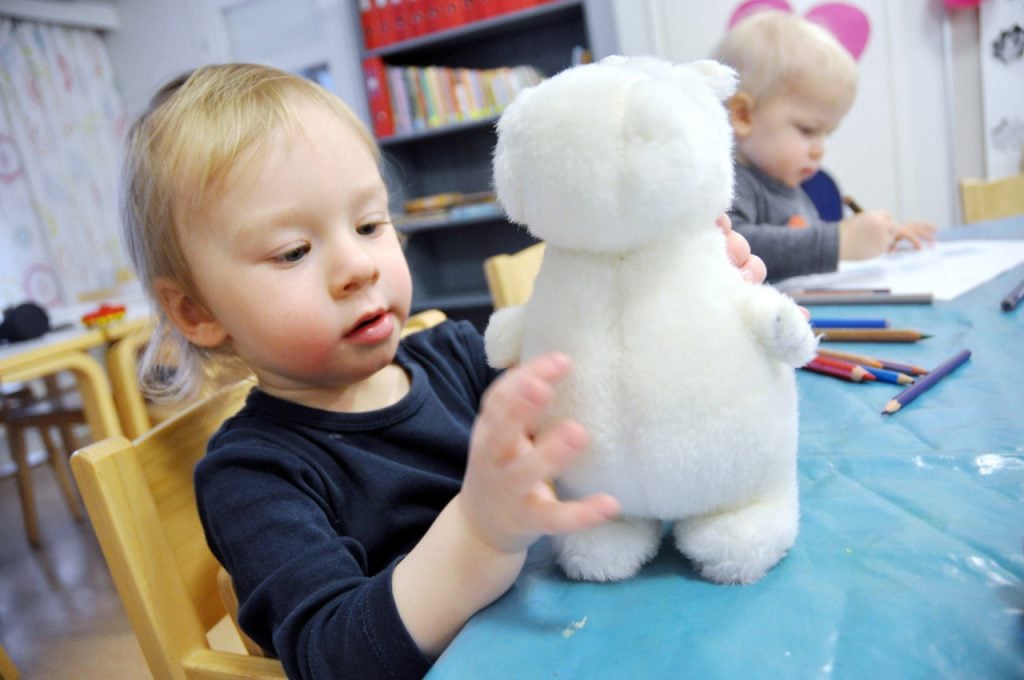Professor Jim Cummins from the University of Toronto has written about the importance of mother tongue. Why is it so important that parents speak their own mother tongue to their children?
According to Cummins, research has clearly shown that mother tongue has a very important role in children's overall development. When children develop their skills in two or even three languages, they get a deeper understanding of how to use different languages effectively. In fact, extensive research supports the notion that a child who only knows one language doesn't know it well enough. The situation is different with children who speak more languages. They are often more flexible in their thinking as they can process information in different languages.
Strong Mother Tongue Helps Foreign Language Learning
The stronger the children's mother tongue, the easier it is for them to learn new languages. Children who have a solid foundation in their mother tongue, develop better literacy skills also in other languages that they learn. When parents and other important adults have time to discuss and read in the child's mother tongue and thus help expand the child's vocabulary, the child will be better prepared when kindergarten or school starts and can easily learn new languages. Children's knowledge and skills transfer over languages. Skills learned in the mother tongue will transfer to the other languages learned in school, as long as all languages are supported.
Therefore, it is very important that parents speak their mother tongue at home. Feelings, which are important for the child's development, are also passed on through the mother tongue. Parents can support their children's second and foreign language learning by using mother tongue diversely, reading and telling stories. It's important for the children that parents have a positive attitude towards new languages. If children notice that their parents are supportive of learning new languages, children themselves will then be more motivated to learn. The best way for parents to support their children's linguistic development is to spend time with their children. Storytelling, discussions, reading books and offering support and encouragement in their mother tongue will aid children on their journey to become multilinguals.
Cummins, J. (2001). Bilingual Children's Mother Tongue: Why is it important for education?


